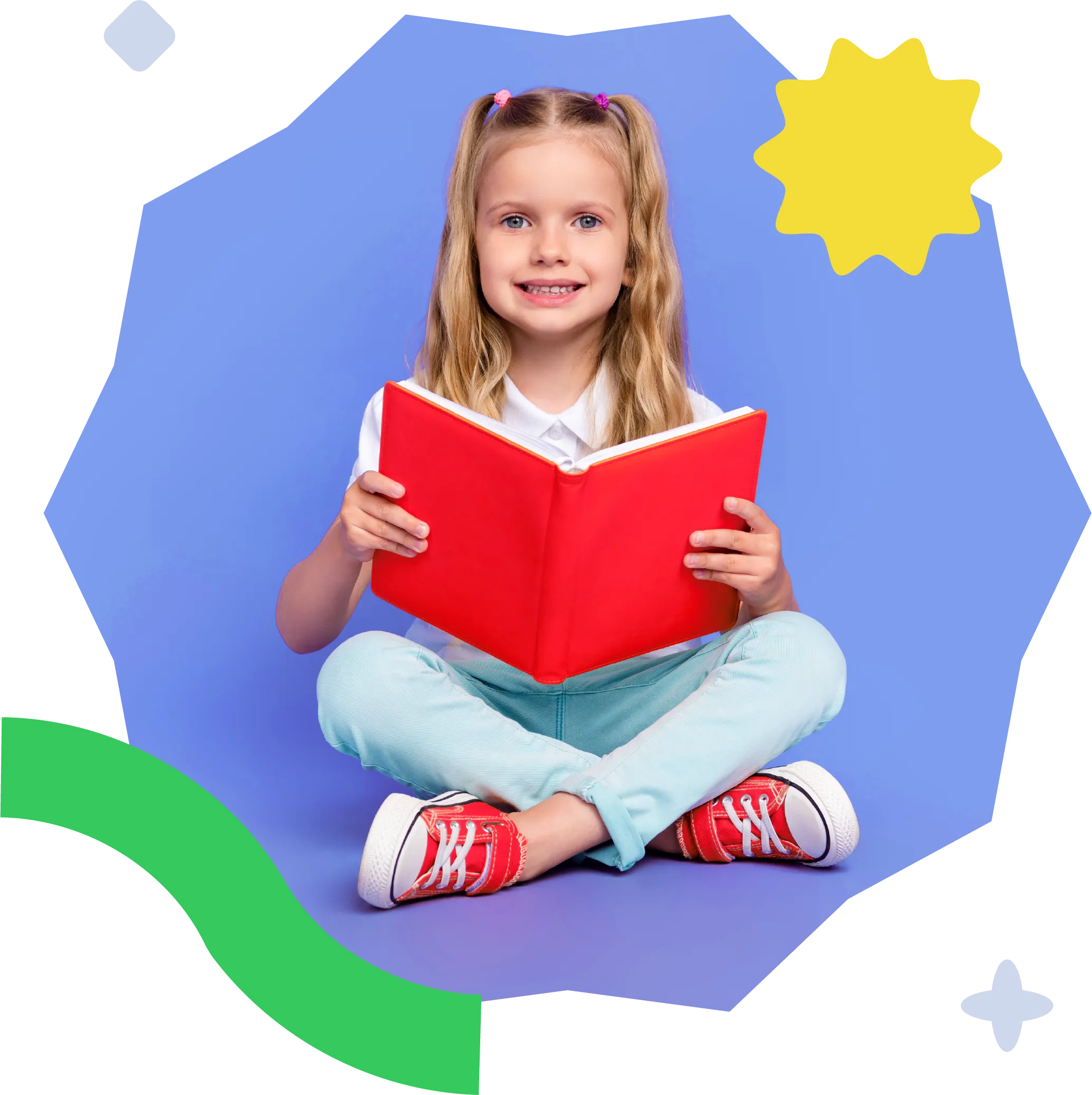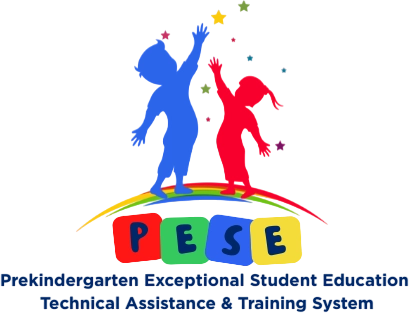Project Priorities
The Florida Department of Education/Bureau of Exceptional Education and Student Services (FLDOE/BEESS) has established the following project priority areas to be addressed by the Prekindergarten Exceptional Student Education-Technical Assistance and Training System (PESE) project. They address the Preschool Indicators in the State Performance Plan/Annual Performance report, also known as the BEESS Strategic Plan, including the State Systemic Improvement Plan, Indicator 17.

Preschool programs for students with disabilities work to substantially increase the rate of growth for children who enter prekindergarten (Pre-K) below age expectations.
Development and learning of young children with disabilities are measured by using a combination of tools to inform the Child Outcomes Summary Process, along with progress monitoring and family input. The district and their partners share information and data to support the successful promotion of young children with special needs to kindergarten. Increasing the quality of the data and support analysis to identify areas of focus for improvement.
Preschool programs for students with disabilities use evidence-based instructional strategies (i.e., content and process) which provide differentiated instruction, high quality, developmentally appropriate curricula.
Evidence-based curricula are used in a variety of settings with different populations of Pre-K students with disabilities. High-quality instruction and curricula should be aligned with the Florida Early Learning and Developmental Standards: Birth to Five (FELDS).
Preschool programs for students with disabilities use a continuous process of screening and evaluation to determine eligibility.
They use comprehensive, developmentally appropriate assessment and input from families and professionals to plan instruction. Additionally, they utilize formal and informal measures to monitor child progress. Evaluation and assessment occur in a timely manner, based on sound principles of practice for young children and are respectful of family preferences.
Preschool programs for students with disabilities create effective partnerships that support and empower families and benefit all children with disabilities in home, school and community settings.
Families are active decision-makers related to planning, implementing and evaluating services for their children, as well as parenting, communicating with teachers and therapists, volunteering at school and implementing learning activities at home.
Preschool programs for students with disabilities address access, participation and supports for prekindergarten children with disabilities to attend high quality early childhood programs with typically developing peers and receive special education services in their early childhood setting..
Data is reviewed with districts to assist in increasing opportunities for young children with disabilities in the least restrictive environments and to address specific district and regional needs.
Preschool programs use data from their LEA profile and other sources to evaluate effectiveness and inform program improvement and quality.
Frontloaded technical assistance and ongoing focused support and training help districts implement high quality and developmentally appropriate Pre-K programs.
Preschool programs for students with disabilities partner to create interagency agreements to support young children with disabilities and their families in the successful move related to IDEA 2004, Part C, Early Steps Program to district or community-based early childhood programs.
In collaboration with Part C to Part B Coordinator, school districts and local Early Steps work to review, develop, implement and evaluate interagency agreements.

